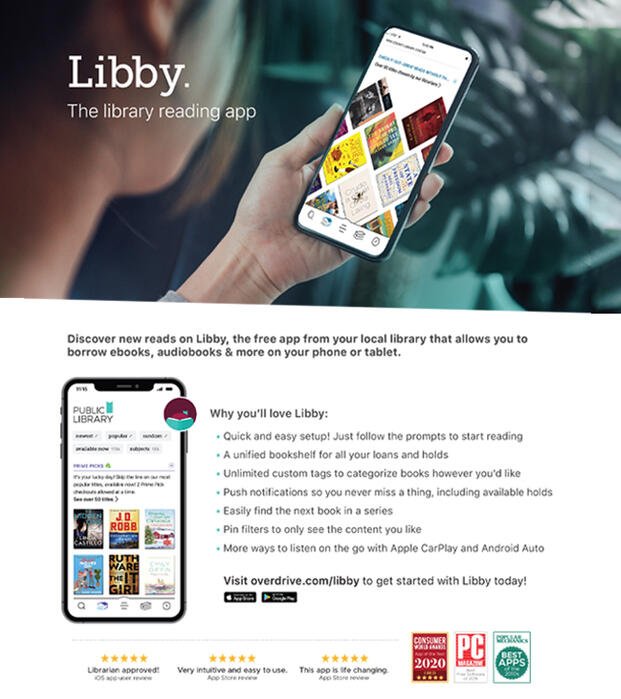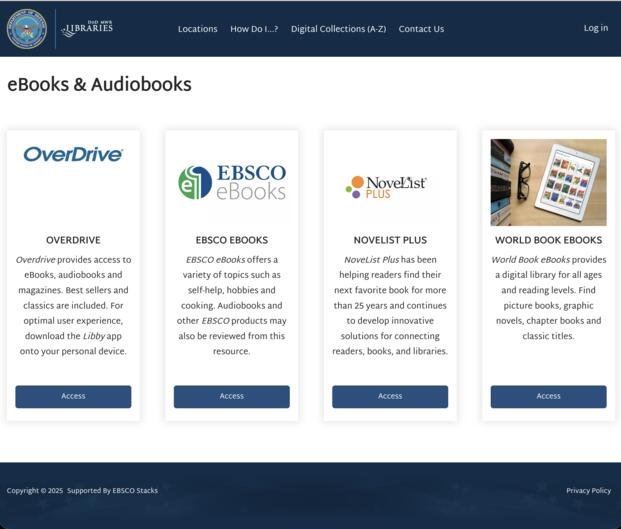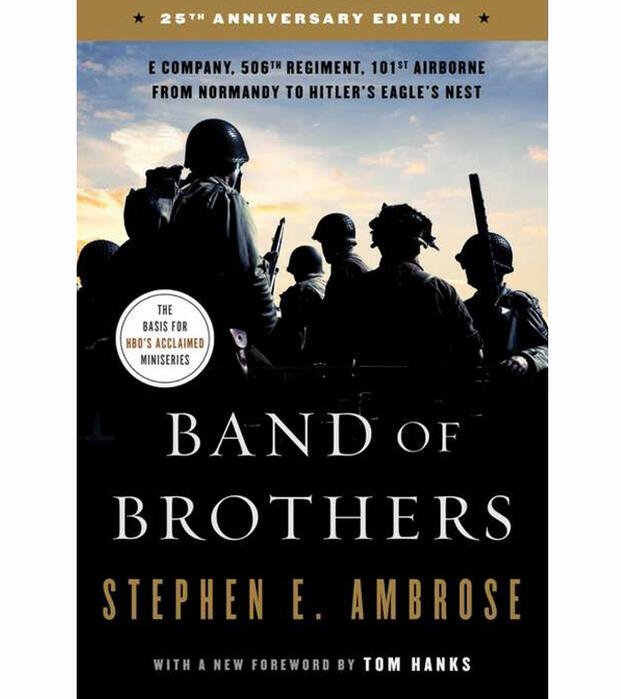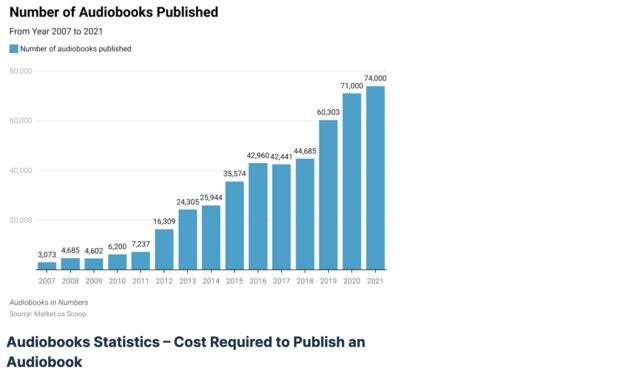If you’re still paying full price for audiobooks while you’re in uniform, you’re probably leaving money on the table. Between public libraries, free apps, and the DoD’s own digital library, you can load your phone with weeks of listening without adding another subscription to your budget.
“With one free library card and a couple of apps, you can turn every duty night, commute, and PCS road trip into reading time—without paying for another streaming service.”
Here’s a simple, step-by-step guide to turning your commute, duty nights, and gym time into free “reading” time. And yes, listening to audiobooks counts as reading.
Quick-Start: Free Audiobooks for Troops in 60 Seconds
- Get a library card from your local city/county library (or keep using one from back home).
- Download Libby (and Hoopla/OverDrive if your library offers them).
- Log in with your card number and PIN to unlock your library’s full digital catalog.
- If you’re eligible, set up access to the DoD MWR Digital Library through your base library or Military OneSource.
- Download 2–3 audiobooks and ebooks for offline use before your next duty night, commute or trip.

How to Get a Library Card (Even If You PCS Every Few Years)
Everything starts with a regular old public library card.
- If you’re CONUS:
Search for the public library system where you live right now (city or county). Most systems let you apply online with a local address and then show ID the first time you walk in. If you live off-base, use that address. If you live on base, many systems accept a utility bill, lease, or even a piece of mail as proof. - If you PCS often:
- Get a card as soon as you land in a new duty station.
- Don’t cancel old cards unless you have to; many systems keep them active for years as long as they’re used occasionally.
- If your spouse or family back home has a library card, ask if their system allows “digital-only” cards for out-of-area residents—some do.
The goal is simple: at least one active library card—ideally two or three—because each one can unlock a different set of apps and catalogs.

How to Use Libby, Hoopla and OverDrive for Free Audiobooks and Ebooks
Once you have a card, the magic happens in the apps.
Libby (by OverDrive)
Libby is the big one. It connects directly to your library’s digital collection.
- Download Libby from your app store.
- Open it, tap “I have a library card”, and search for your library system.
- Sign in using the card number and PIN your library gave you.
- Browse Audiobooks and Ebooks, then tap “Borrow.”
Most titles download to your phone so you can listen offline—perfect for spotty Wi-Fi in the barracks, on a ship, or during field exercises.
Hoopla (and Classic OverDrive)
Some libraries also use Hoopla or the older OverDrive app.
- Hoopla works like a digital Blockbuster: no holds, no waitlists, but each card gets a limited number of borrows per month.
- OverDrive (the original app) is being phased out in favor of Libby, but some systems still use it.
Ask your librarian or check your library’s website; if they mention Hoopla or OverDrive, grab those apps too. One card can equal three different sources of free audio.

How to Access the DoD MWR Digital Library as a Service Member or Vet
Suppose you’re active-duty, Guard, Reserve, a retiree, or an eligible family member. In that case, you may have access to the DoD MWR Digital Library (often reached through your base library or Military OneSource).
What you’ll usually find there:
- Ebook and audiobook platforms with military-relevant titles
- Test prep and language learning resources
- Research databases (great if you’re using your GI Bill)
To get in:
- Visit your installation library (or its website) and ask about “MWR Digital Library access.”
- They’ll walk you through creating an account or linking your DoD credentials.
- Once you’re set, you’ll have another full catalog of ebooks and audiobooks to stack on top of your public library access.
Now let’s put all of that to work.

Are Libby, Hoopla and MWR Really Free? Limits, Waitlists and Fine Print
Yes, they’re free to use with a valid library card or MWR access. There’s no extra subscription fee for the apps themselves.
Libby / OverDrive:
- You may hit waitlists for popular titles.
- You typically have loan periods (e.g., 14–21 days), after which the book simply disappears from your device.
Hoopla:
- No waitlists, but each card usually gets a limited number of borrows per month (e.g., 5–10 titles).
MWR Digital Library:
- Access depends on your status (active-duty, Guard/Reserve, retiree, family member, etc.).
- Some services may require a login or a location.

Best Military History Audiobooks to Binge on Night Shift
Here are a few titles you’re likely to find in Libby/Hoopla or the MWR library. Think of them as field rations for your brain:
- “Band of Brothers” – Stephen E. Ambrose
A classic WWII unit story that hits even harder in audio. Great for anyone who’s ever lived in a tight platoon or company. - “With the Old Breed” – E.B. Sledge
Brutal, honest Pacific-theater memoir. Not light listening, but incredibly grounding if you want the unvarnished version of war. - “Black Hawk Down” – Mark Bowden
A granular look at a modern battle that many vets already know by heart. The audio version keeps the tension high. - “The Things They Carried” – Tim O’Brien
Fiction rooted in the Vietnam experience, read like a series of long, haunting conversations with another vet.
If you’re working CQ, sitting in a truck, or pulling a lonely watch, these are the kind of listens that remind you you’re part of a long line.

Comfort Listens for Tired Brains: Thrillers, Horror and Escapist Fantasy
Sometimes you don’t want realism—you want distraction. These are great for tired brains that still crave story:
- “World War Z” – Max Brooks (full-cast edition if available)
Feels like a series of classified after-action interviews. Zombie apocalypse as oral history. - “The Martian” or “Project Hail Mary” – Andy Weir
Science-heavy, funny, and surprisingly hopeful. Perfect for long flights or bus rides. - “Mexican Gothic” – Silvia Moreno-Garcia
Slow-burn horror with rich atmosphere and a payoff that feels like a fever dream. - “The Terror” – Dan Simmons
Historical Arctic expedition + supernatural dread. Great winter deployment listen—if you don’t mind extra chills.
And of course, whatever comfort series you already love—spy thrillers, space operas, romance—chances are good your library has at least some of it.

5-Minute Audio Loadout Checklist Before Duty, Field or PCS
Before your next field exercise, duty night, or PCS road trip, do a five-minute prep:
- Confirm that at least one library card is active.
- Make sure Libby (and Hoopla/OverDrive, if you have them) are installed and logged in.
- If you’re eligible, get your MWR Digital Library access squared away through your base library.
- Download 2–3 history audiobooks and 2–3 “comfort listens” so you’ve always got options—even offline.
You already know how to pack a go-bag and a ruck. This is the same idea, just for your head: a portable library that follows you from base to base and deployment to deployment, without wrecking your budget.

Quick FAQ: Free Audiobooks and Ebooks for Military and Veterans
Can I still use Libby if I move or PCS?
- Yes. As long as your library card is active, you can keep using that system’s Libby account from anywhere. When you get to a new duty station, you can usually sign up for a second card and add that library too.
What if I’m stationed overseas?
- Many overseas bases have their own libraries or MWR digital access. If you already have a U.S. library card, try logging into Libby or Hoopla from overseas—often it still works, especially for downloaded titles.
Do I need to “return” audiobooks like physical books?
- Not manually. When your loan period ends, the app automatically returns the book, and it disappears from your shelf: no late fees, just shorter access.
Can veterans and retirees use the DoD MWR Digital Library?
- It depends on the specific resource and your status. Your best bet is to check with your nearest installation library or Military OneSource to see which MWR digital services you qualify for as a service member, veteran, or family member.
Story Continues
Read the full article here



